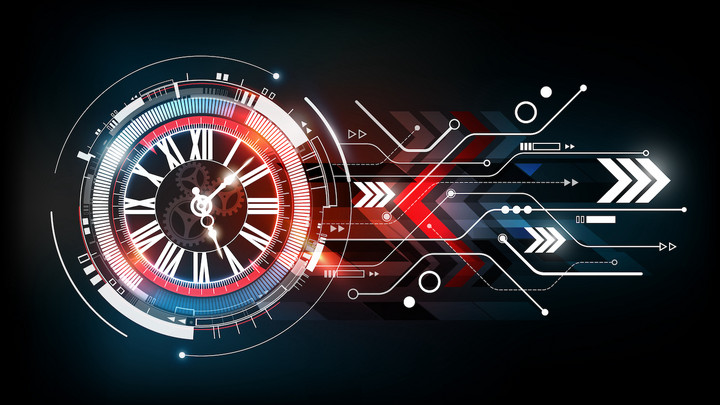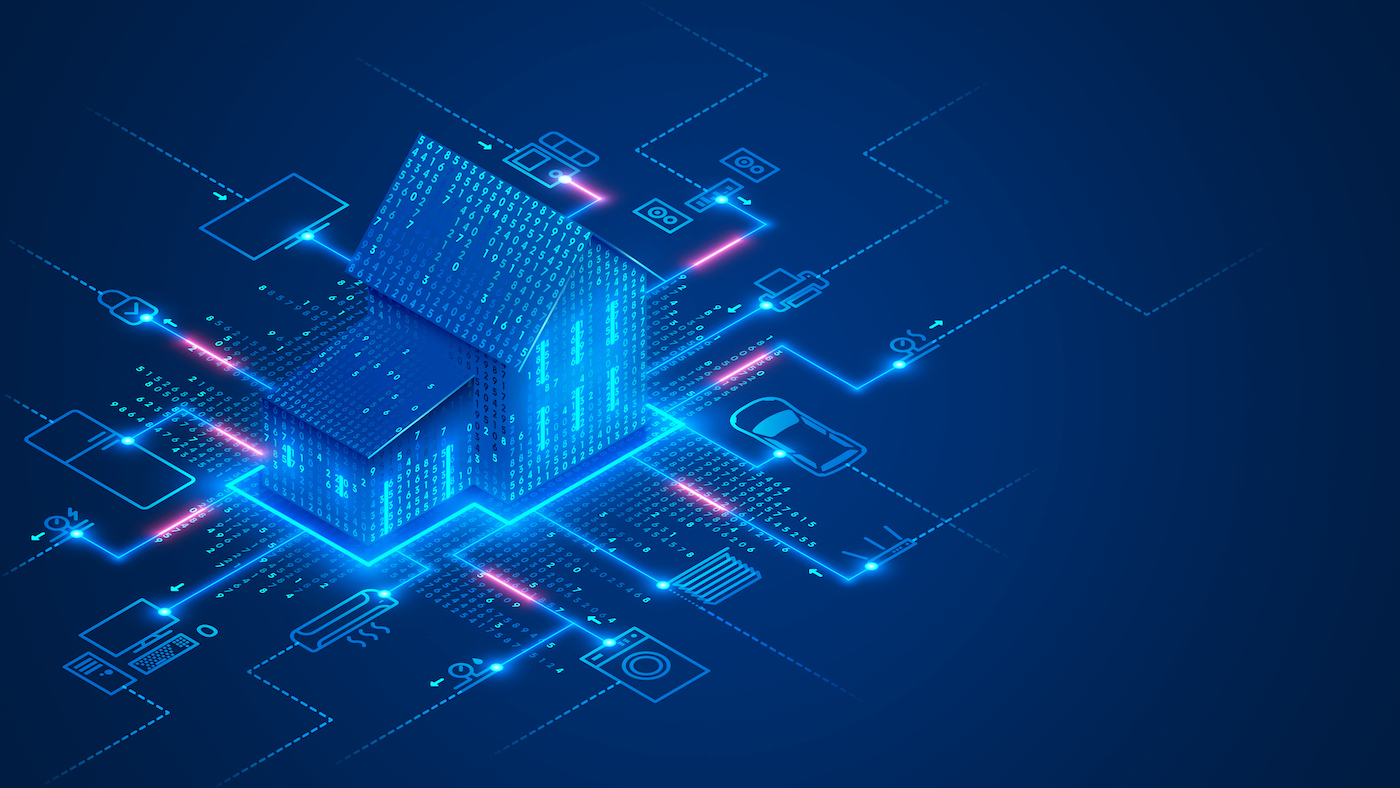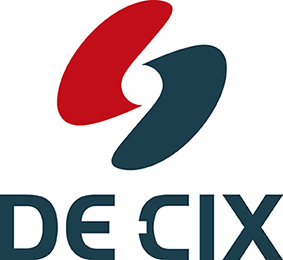Visions of the Past and the Future
What impact has the Internet had over the past 25 years, and where will it take us in the future? A report on the societal importance of the Internet.

© ChakisAtelier | istockphoto.com
Does the Internet bring us together or divide us? In observing today and considering what might come tomorrow, participants of a webinar on the topic of the past, present and future of the Internet, hosted by eco – Association of the Internet Industry, concur that the Internet can be inclined to do both. On the one hand, the Internet keeps us in contact and enables business to continue, with this being the case even in the extremes of the global pandemic experienced over the past year. This was the initial and undisputed observation of Oliver Süme, Chair of the eco Association.
And yet, at the same time, we are divided – limited by our own news bubbles, a point noted by Aja Jaff, Entrepreneur and one of the Forbes 30 under 30 – in this context representing the views of digital natives. The “Father of the Internet”, Vint Cerf – Internet pioneer and Vice President and Chief Internet Evangelist for Google – believes it is necessary “to prick the bubbles and help people recognize that there is a world outside”. Politician Robert Habeck, Co-Leader of the German Green Party, believes the Internet is capable of both uniting society and causing division, and must therefore be handled with care.
From yesterday to today
Perhaps the way we see the Internet depends on whether or not we experienced the world before the connectivity of this global infrastructure. Younger generations today, born into an already connected world, see the Internet through the lens of the applications they use, according to Cerf. But the Internet is so much more, he explains: It is a “gigantic platform, global in scope and connecting more than half of the world’s population – and capable of supporting a wide range of applications.” In Jaff’s eyes, young people take the Internet for granted – having Internet is like having food and water at home. In this sense, it has become a part of the underlying infrastructure of life, no longer demanding of attention.
As Süme recalls, only 25 years ago, in the early days of the eco Association, the Internet and ICT topics were considered important only by a “group of nerds”. This has changed dramatically in the modern world, with the Internet infrastructure and digital applications now crucial for the whole economy. The Internet industry is an enabler for almost every sector, and digitalization will help the economy to recover and to bring back growth. Süme warns that, without successfully digitalizing the economy and public administration in Europe, there can be no way to catch up with other areas of the world as a competitive market.
Today’s risk of overly-commercial penetration – and how to deal with it
For digital locations, competition is naturally key, but this is not all about buying and selling. Habeck is somewhat wary of the commercial structure of the modern Internet. Certainly, it enables people to become more independent of hierarchical structures, but on the other hand, we are each in our own bubble. In particular, he cautions against access to digital information being driven by commercial interests, and the impact this can have on political discourse, and he raises concerns about the penetration of the Internet into the private sphere. He sees the main drivers of Internet development as being capitalism and digitalization, and warns that, without regulation, this very powerful force for connecting the world can be used for less than beneficial purposes.
So perhaps, back in the early days of the Internet, it should not have been commercialized? Vint Cerf is clear that the answer to that proposition is no: Without a business model to support the Internet, it would not have been possible to maintain an Internet accessible by the general population. At the same time, this does not mean that we can ignore the potential hazards that online environments pose. Süme and Cerf share the opinion that the Internet – as a technology that is neither intrinsically good nor bad – is a tremendous tool, but one which can be misused. What is important “is what the economy, politics, and the society make out of it,” says Süme. From Cerf’s perspective, what is necessary is the responsible use of the technology – in order to “maintain privacy, safety, security, accessibility, affordability and sustainability”. To achieve this, he believes that companies need to feel and exercise a sense of responsibility, giving people tools to make it safer for them to use such powerful systems. He also sees it as important to encourage different types of business models, aside from the existing online advertising business models. There is plenty of room for growth in other products and services that are built on top of the Internet infrastructure. This, he says, reinforces his belief that investment in infrastructure is very important everywhere.
The path to tomorrow’s Internet – sustainability is a key factor for today’s young people
The younger generation, according to Aya Jaff, tends not to get involved in such systemic discussions. There is more concern about how to hack the system – to be heard as a minority, for example, or to trick the algorithm into making content more visible. In her book on coding and trading, she uses examples from pop culture to make how systems work more transparent – in order to help users understand the impact that systems have on them. For example, whether systems are sustainable or not.
When it comes to this topic of sustainability, this is where the younger generations do question the system. Here, Habeck is convinced that emissions can be reduced by 25-30% through the digitalization of processes alone – by simply becoming more efficient. Digitalization can be used to organize mobility, optimize industrial processes, create smart grids for renewable energy, and combine the consumption and the production of energy, for example. With the use of artificial intelligence, great efficiencies can be achieved.
Oliver Süme agrees: “It’s very important to understand that digitalization and digital solutions are solving problems, not causing the climate crisis.” Clearly, data centers also need energy, but German data centers are leading the world in energy efficiency. Of course, he admits, there is room for improvement – with initiatives such as waste heat recovery from data centers which can heat nearby offices and apartments, or which power vertical farming, at the top of the agenda. Digitalization helps to make industrial processes more efficient, reducing the carbon footprint of the process by considerably more than the footprint of the data centers involved, resulting in a net reduction in emissions. In Germany alone, working from home during the pandemic has been responsible for saving 1.6 million tons of CO2. The digital infrastructure industry is working hard to achieve the goal of the EU Green Deal, with the goal of becoming carbon neutral by 2030.
Tomorrow’s world
So, the digitalized future will be green, but what further developments are in store for the next 25 years of Internet evolution? Space, says Vint Cerf. Not only is there significant investment and energy being poured into Internet connectivity via Low-Earth Orbit (LEO) satellite to connect as yet unconnected regions of the planet, but the protocols for interplanetary Internet are also under development, he reports. But whether in space or on the ground, the Internet of the future will reach more of the world’s population, providing access to information and allowing greater participation in not only the economic development, while helping to solve some of the pressing problems the world is currently facing.
Australian/German writer and editor Judith Ellis took on the role of Global Content Manager Public Relations at DE-CIX in early 2021. She is passionate about language and technology, having spent eight years working for DE-CIX and the eco Association as a writer, editor and translator in specialist Internet-related fields, with a focus on digital infrastructure – and in her ongoing responsibility as editor-in-chief of dotmagazine. Aside from her work in the Internet industry, she is a skilled applied linguist, with many years of experience as a writer and as an English teacher of students of all ages.






